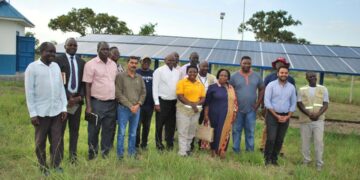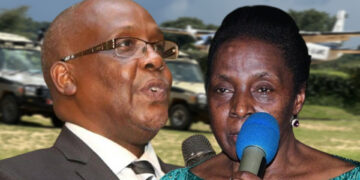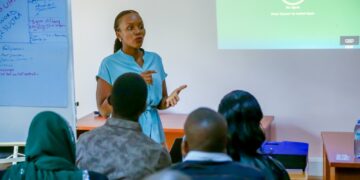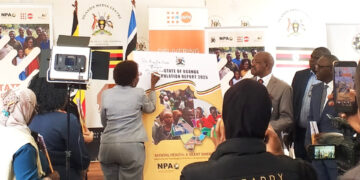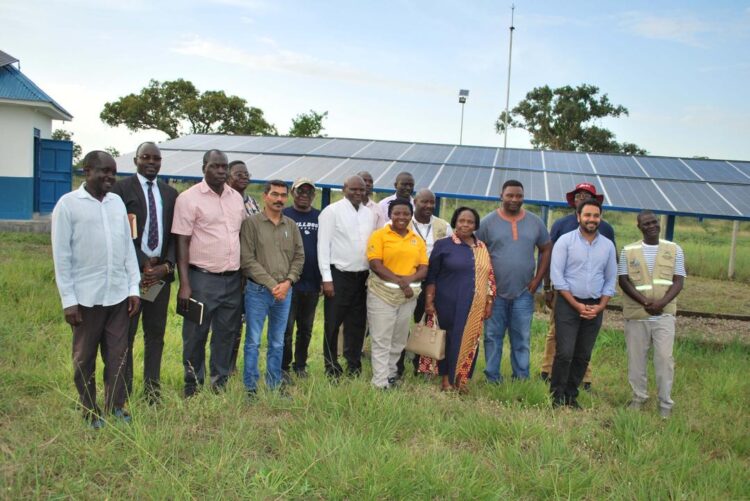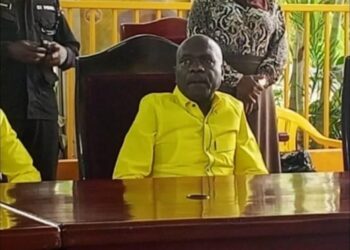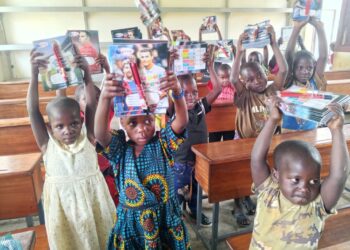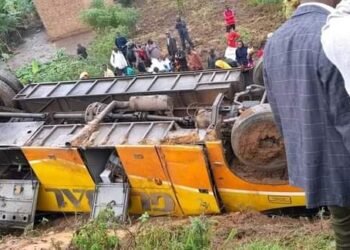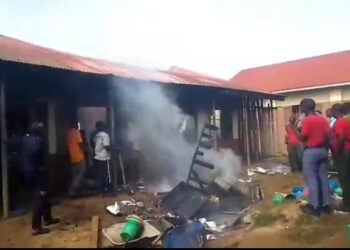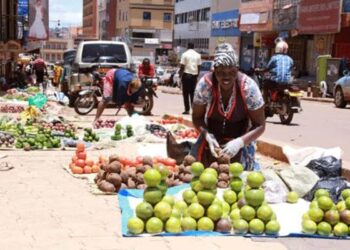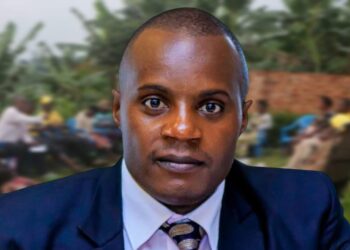NATIONAL
The Government of Uganda, through the Ministry of Local Government, in partnership with the Islamic Development Bank (IsDB) and the Lives and Livelihoods Fund (LLF), recently conducted a field appraisal mission in selected districts to assess the progress of Phase I of the Local Economic Growth Support (LEGS) Project and inform the design of its second phase.
The mission visited Kyejonjo and Katakwi Districts, where government and development partners engaged with district leaders, project beneficiaries, and implementation teams to evaluate the project’s impact on livelihoods and service delivery.
Insights gathered from these field visits will guide the planned expansion of the LEGS Project from 17 to 55 districts nationwide. Discussions also focused on potential funding strategies for Phase II, emphasizing climate change adaptation and long-term sustainability for communities.
Key sites visited included:Kanapa Solar Power Project in Magoro Sub-County, Orungo Corner Piped Water Scheme in Katakwi District, Kaizikashya Water Point in Kyejonjo District, Community members expressed appreciation for the life-changing infrastructure. Mr. William Sunday, a resident of Kiredu Village, remarked:
“We now have a public tap stand in our trading centre. In the past, we fetched water from Kaizikashya stream, where animals also drank. Today, a 20-litre jerrycan costs only Shs100, much more affordable and safer for our children. We are grateful to the government.”
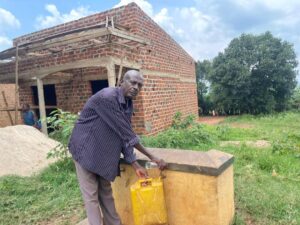
At Aakum Health Center, midwife-in-charge Ms. Achom Stella shared how the Orungo Corner water project has transformed maternal care:
“There were times mothers gave birth without water to clean up. Now, clean water is within our compound. It’s made all the difference.”
Beyond water access, the project has introduced clean energy solutions. Solar mini-grids now electrify remote communities over 40 kilometers from the national grid. New connections have revitalized local enterprise, powering shops, juice processing units, and small-scale manufacturing.
The Kanapa Solar Power Association, a community-managed body, oversees the solar scheme with technical backing from the district engineer. To date, the association has saved over UGX 2 million from community contributions for maintenance and sustainability.
To inform and scale Phase II through research and innovation, the Ministry is collaborating with international technical partners such as the Millennium Promise Alliance (MPA) and the International Crops Research Institute for the Semi-Arid Tropics (ICRISAT). These organizations bring global expertise in integrated rural development and climate-smart agriculture.
Through these partnerships, LEGS II aims to deliver broader, deeper, and more resilient economic growth to Uganda’s local communities.
